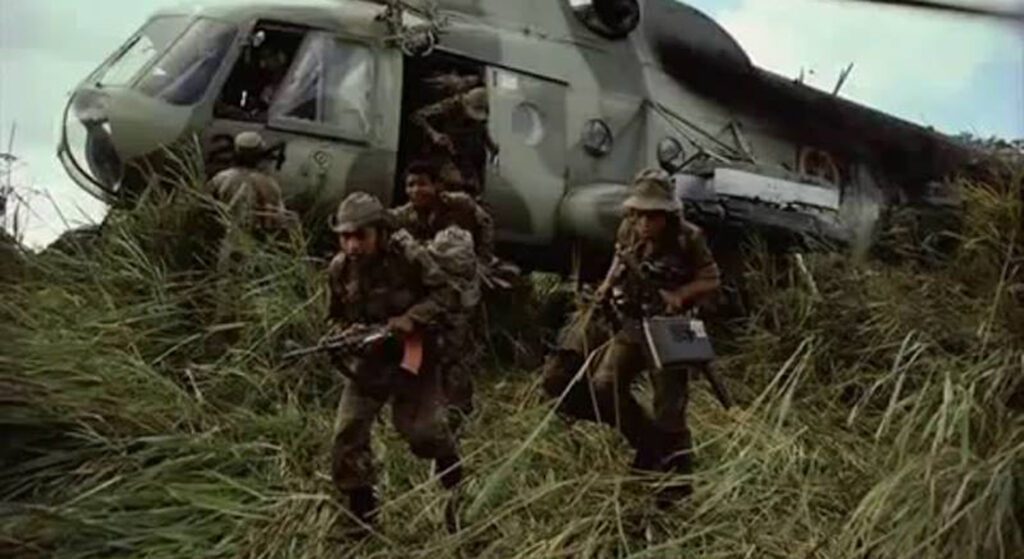However, by disaggregating the geographic and temporal contexts of violations at the subnational level, Thaler found that significant violence occurred where the FSLN had less territorial control, fewer civilian ties and looser discipline, supporting contestation and command and control theories. “Theories of violence may therefore explain variation at one level of analysis and not others within a given case, emphasizing the need for within-case disaggregation in explaining and comparing patterns of violence and state repression in civil wars, and the importance of unpacking violence committed by more restrained actors,” he stated.
Additionally, Thaler’s study addresses the continued need for a truth commission in Nicaragua for violence during the 1980s. “An amnesty agreement that helped end the civil war in 1990 has, in the long term, prevented accountability and negatively affected democracy,” he said.
Having worked in general on civil conflict and political violence, especially in Latin America and Africa, Thaler noticed that while there had been a lot of research on civil war violence in other Central American countries, there had been less on Nicaragua, in part because the available data wasn’t as good as for other countries.
“There’s never been a truth commission there,” he said. “But I thought it was still worth reassessing patterns of violence with the current state of knowledge with more information that has emerged since the 1990s, and also because civil war era politics are very much relevant still in Nicaragua and informing political conflict there today.”
Often groups that commit more violence in civil conflicts are the most studied, he added, but the research points to why it is also important to dig into the behavior and patterns of groups whose violence was more restrained overall “because even restrained groups are still committing violence against civilians.”
Focused on conflict and violence from the local to the global level. Thaler has studied issues ranging from violence against civilians in civil wars and post-conflict politics in Africa and Latin America, to violent crime in South Africa, to genocide and mass killing in Southeast Asia. His forthcoming book “When Rebels Win: Ideology, Statebuilding, and Power after Rebel Victor in Civil Wars,” examines how the ideals and goals around which rebel groups are organized affect the statebuilding and service provision policies and practices they pursue if they gain control of an internationally-recognized state.
Source link : http://www.bing.com/news/apiclick.aspx?ref=FexRss&aid=&tid=66b1a9b0fdec4501b2f737cee60fbbce&url=https%3A%2F%2Fnews.ucsb.edu%2F2024%2F021566%2Fstudy-nicaraguas-sandinistas-argues-multilevel-analysis-civil-war-violence&c=11883275019256280458&mkt=en-us
Author :
Publish date : 2024-07-31 11:54:00
Copyright for syndicated content belongs to the linked Source.
